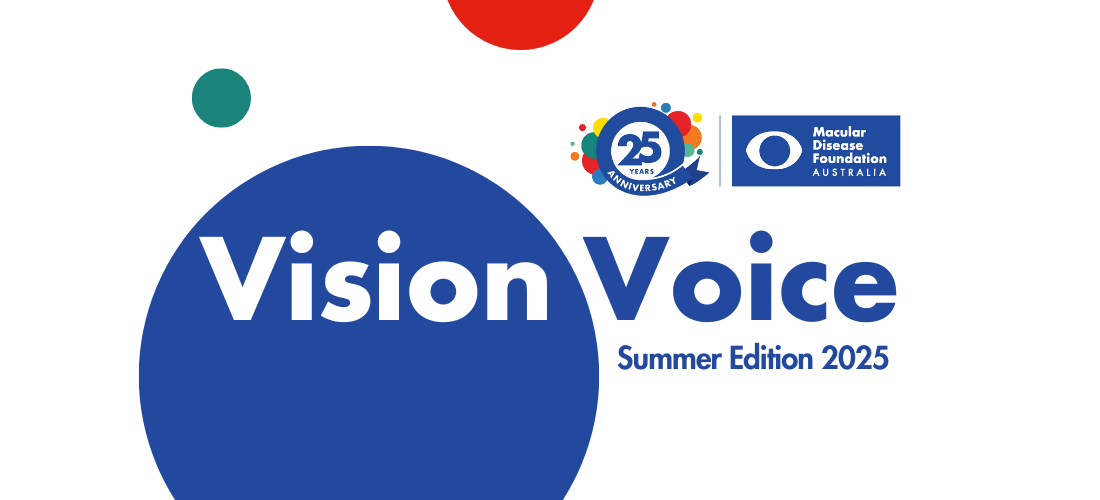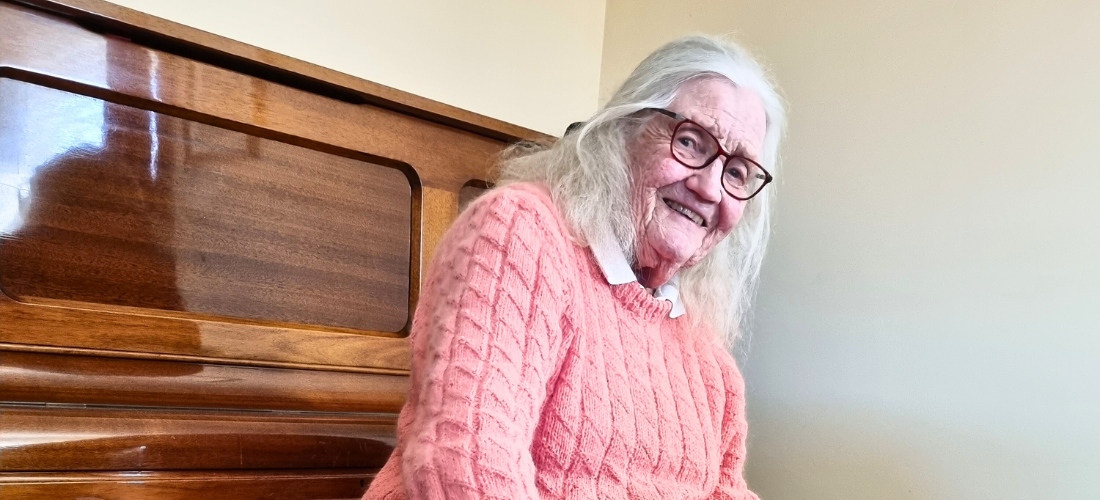How MDFA is working with GPs, pharmacists and Aboriginal health workers
MDFA has teamed up with the Brien Holden Foundation (BHF) to increase access to eye care for Indigenous communities and address the inequities in Aboriginal and Torres Strait Islander eye health.
The BHF has delivered hundreds of retinal cameras and slit lamps to clinics across Australia to empower practitioners to screen for diabetic eye disease, which is more prevalent in Indigenous communities.
Aboriginal health workers also receive training and extra resources to help them better care for their patients.
This project was scheduled to end last December but MDFA’s partnership allows the BHF to continue rolling out training until the end of this year.
Delivering diabetes education to rural SA communities and Aboriginal health workers
MDFA has partnered with Sight For All to develop a new education program to raise awareness of diabetic eye disease.
Diabetic eye disease is the leading cause of avoidable vision loss and blindness in working-age Australians.
It’s estimated that up to one in three Australians with diabetes have some stage of diabetic retinopathy, which is one of the diabetes-related conditions that affects the retina and can lead to macular damage.
The free education program will focus on delivery to rural and regional communities in South Australia that have higher rates of diabetes.
So far we’ve visited Port Lincoln, Port Augusta, Peterborough, Port Pirie and Berri. Future sessions to central and south-east SA are being planned.
The program will cover the types of diabetic eye disease, how to reduce the risk of vision loss and the local support team that’s available.
The program has also been modified to train Aboriginal health workers working at regional Aboriginal health clinics on patient management and education.
Here’s some of the feedback from the last few sessions:
“Both presenters, Jo and Natasha, were very informative. The presentation was very easy to understand,” said one Port Pirie attendee.
“The information was very well presented – my issue is macular degeneration, but all the info was important,” said a Port Augusta attendee.
“It was great. Easy to listen to and understand,” said a Pika Wiya Health Service clinician.
Special thanks to Lions Australia and local optometry practices that helped promote the events.
CPD for GPs and pharmacists
General practitioners and pharmacists can soon access educational courses on age-related macular degeneration and diabetic eye disease developed by MDFA and Australia’s leading retinal specialists.
GPs and pharmacists are often the first people patients speak to about the early signs of macular disease, so it’s crucial to recognise the symptoms and know how to refer patients to eye health professionals for diagnosis and treatment.
These continuing professional development (CPD) courses aim to improve how healthcare professionals communicate with patients about macular disease, including how to reduce risk, manage diagnosis, and connect with support services.
As well as these new courses for GPs and pharmacists coming soon, MDFA also offers free CPD for optometrists and orthoptists, launched last year.

















